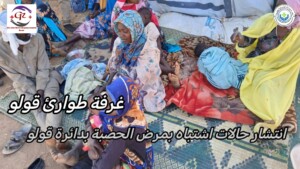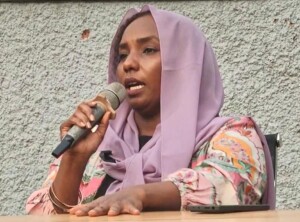Sudan court hands prison terms and fines to pharma fraudsters
The Criminal Court in Khartoum has sentenced 14 bankers, employees of the National Council for Pharmacy and Toxicology, and people working for companies operating in the field of importing medicines, to stiff prison terms and fines for foreign exchange fraud in pharmaceutical imports.
 File photo
File photo
The Criminal Court in Khartoum has sentenced 14 bankers, employees of the National Council for Pharmacy and Toxicology, and people working for companies operating in the field of importing medicines, to stiff prison terms and fines for foreign exchange fraud in pharmaceutical imports.
Sudan has suffered a chronic shortage of essential medicines, directly related to the economic malaise that besets the country. The continued fall of the Sudanese Pound against international currencies has created a shortage of foreign currency needed to import medicine from abroad. This has caused medicine prices to skyrocket, while some essential life-saving medicines have become hard to find or are not available at all.
The Criminal Court in Khartoum, presided over by Judge Mutasim Ahmed, issued deterrent penalties in the case of fake pharmaceutical companies who have been convicted of manipulating foreign exchange earmarked for importing medicines.
The court sentenced four business owners convicted of fraud, forgery, and violating foreign currency laws to six years in prison. The accused procured funds that were intended for importing human medicines with false documents. The court also ruled that the convicts should pay fines totalling $1 million to the Central Bank of Sudan.
The directors of two branches of the North Islamic Bank were sentenced to seven years’ imprisonment with a fine of SDG 300,000 (*$6,100) for betrayal of trust, and the achievement of an unlawful gain by allowing the defendants to obtain the money allocated to import human medicines.
The court acquitted eight others, including the former foreign exchange director of the Bank of Sudan and three employees of the National Council for Medicines and Toxins, along with employees of a major commercial bank and two business owners. The court ruled that there is insufficient evidence to convict them of fraud, forgery, breach of trust, and breach of the law regulating dealing in foreign currency.
* As effective foreign exchange rates can vary in Sudan, Radio Dabanga bases all SDG currency conversions on the daily US Dollar rate quoted by the Central Bank of Sudan (CBoS).
Radio Dabanga’s editorial independence means that we can continue to provide factual updates about political developments to Sudanese and international actors, educate people about how to avoid outbreaks of infectious diseases, and provide a window to the world for those in all corners of Sudan. Support Radio Dabanga for as little as €2.50, the equivalent of a cup of coffee.












 and then
and then